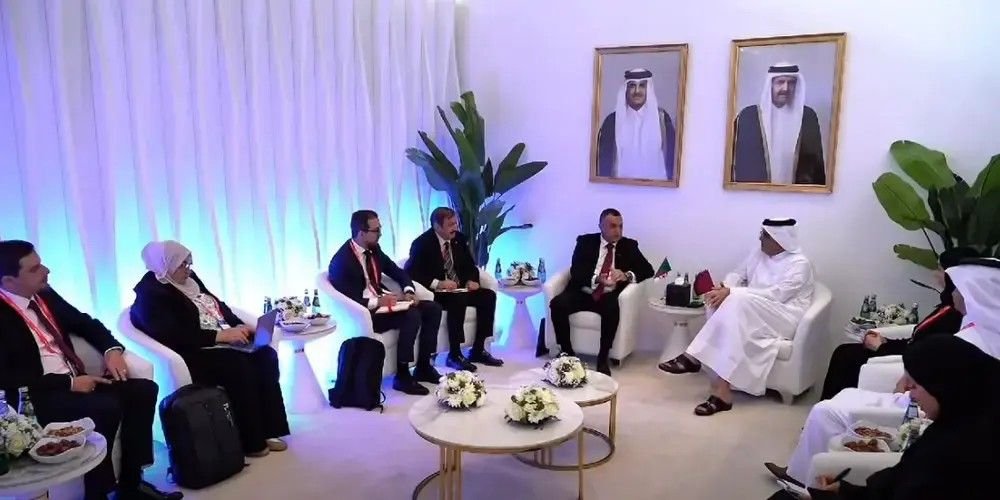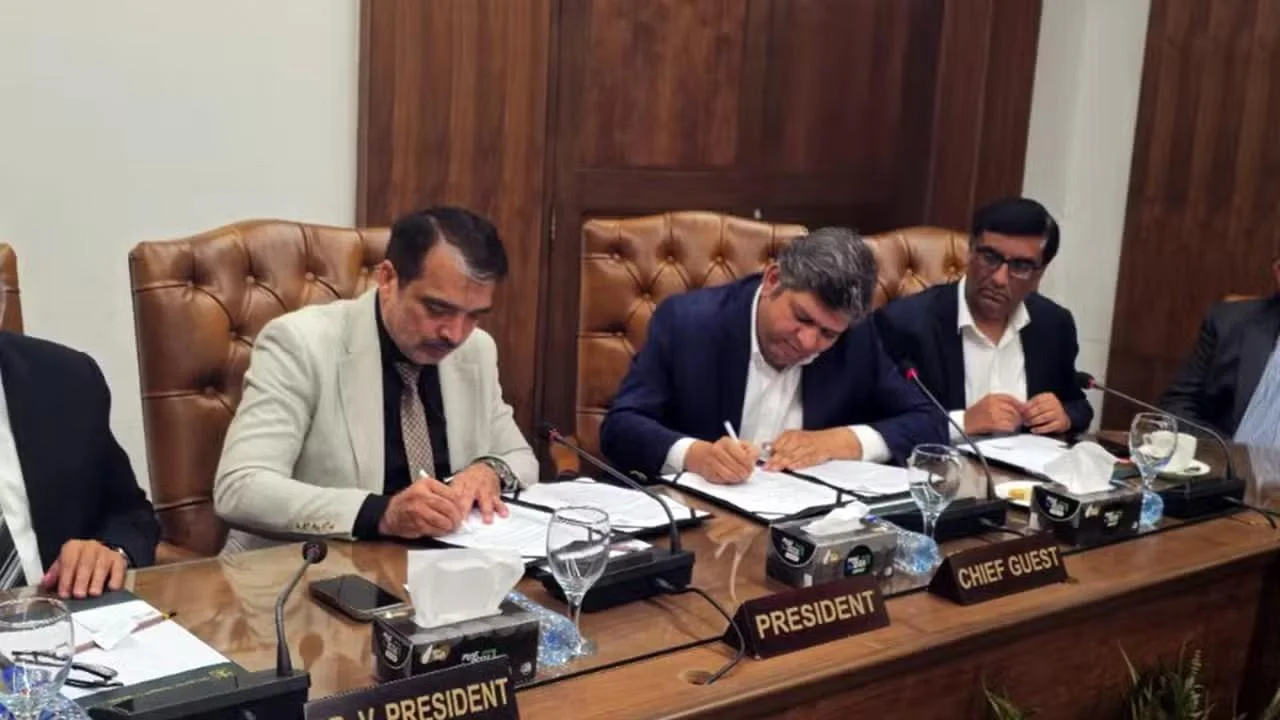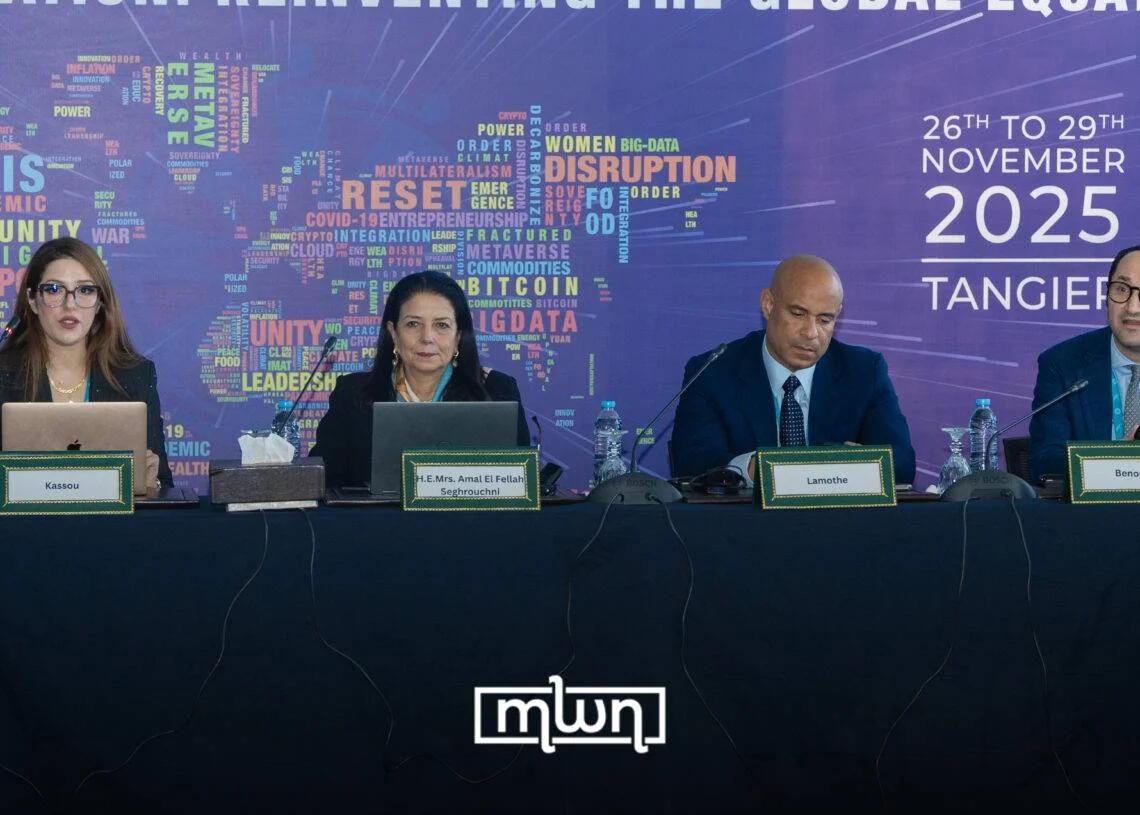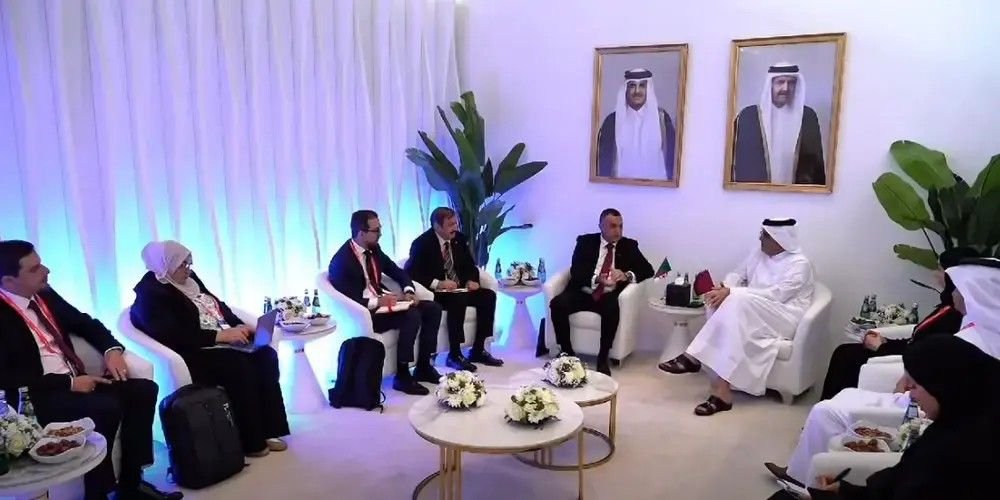Finance Adviser Salehuddin Ahmed emphasized the need for greater financial access, technological integration, and stronger global market connectivity for Bangladesh’s small and medium enterprise (SME) sector. He made these remarks while speaking as the chief guest at the ‘SME Foundation-ERF Media Award’ ceremony held at the Economic Reporters’ Forum office.
Salehuddin highlighted that the SME sector remains the backbone of Bangladesh’s economy and its largest employment generator. However, despite SMEs’ pivotal role, their contribution to GDP stands at only 26 percent, far below the 60 percent seen in many other countries. He pointed out that it is a misconception that developed economies rely solely on large industries, citing Japan where many SMEs enjoy global renown — including producers of luxury brands like Rolex.
The adviser underscored the sector’s role in promoting women’s participation in the workforce, emphasizing that empowerment requires enabling women to work, a space SMEs are helping create.
Salehuddin acknowledged persistent financing challenges, noting that bankers often favour large loans and overlook SMEs. He urged a change in mindset among bankers and policymakers and highlighted Bangladesh Bank’s refinance scheme for SMEs, which he recommended expanding. He also drew attention to the government’s ability to allocate large subsidies elsewhere, suggesting that more funds could be directed to support SMEs.
On technology, Salehuddin advocated for creating a comprehensive digital database for SMEs, which would facilitate foreign investment by providing easier access to reliable data. He offered the finance ministry’s support for financing this initiative.
The adviser recommended that the SME Foundation adopt transparency and project design models similar to the successful Palli Karma-Sahayak Foundation (PKSF), known for its financial integrity and ability to attract international donors such as the World Bank and IFAD.
He concluded by stressing the importance of connecting SMEs to both domestic and international markets and diversifying exports beyond current concentrations.
Regarding the relatively smaller national budget this year, Salehuddin attributed it to efforts to eliminate wasteful and unnecessary expenditures from previous government projects.















